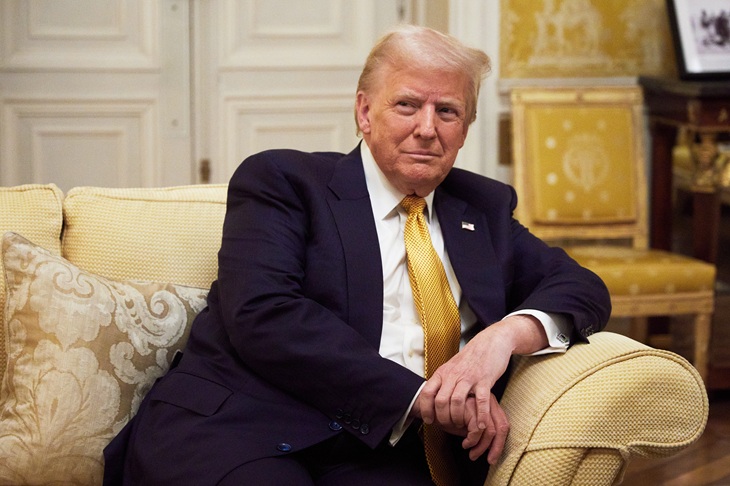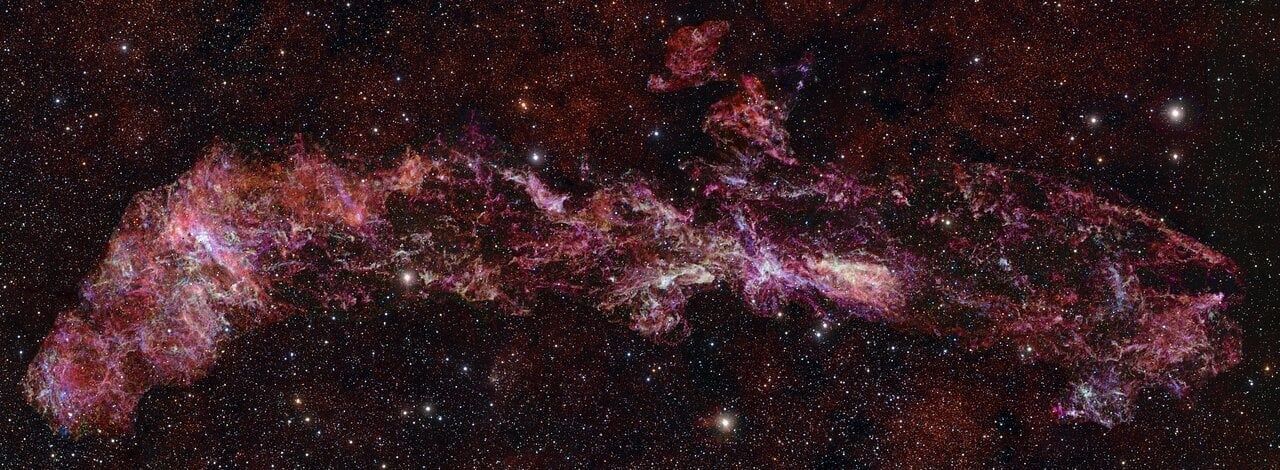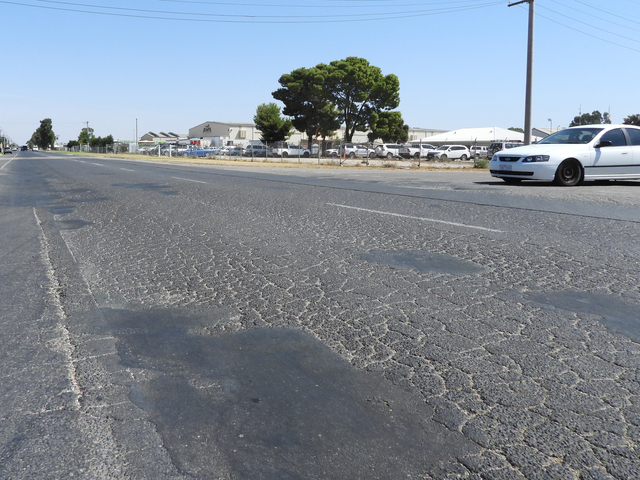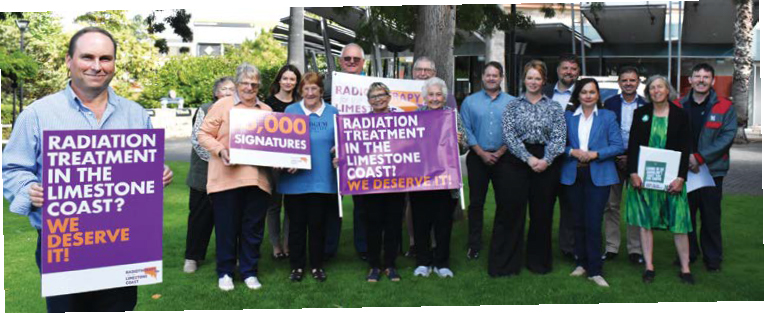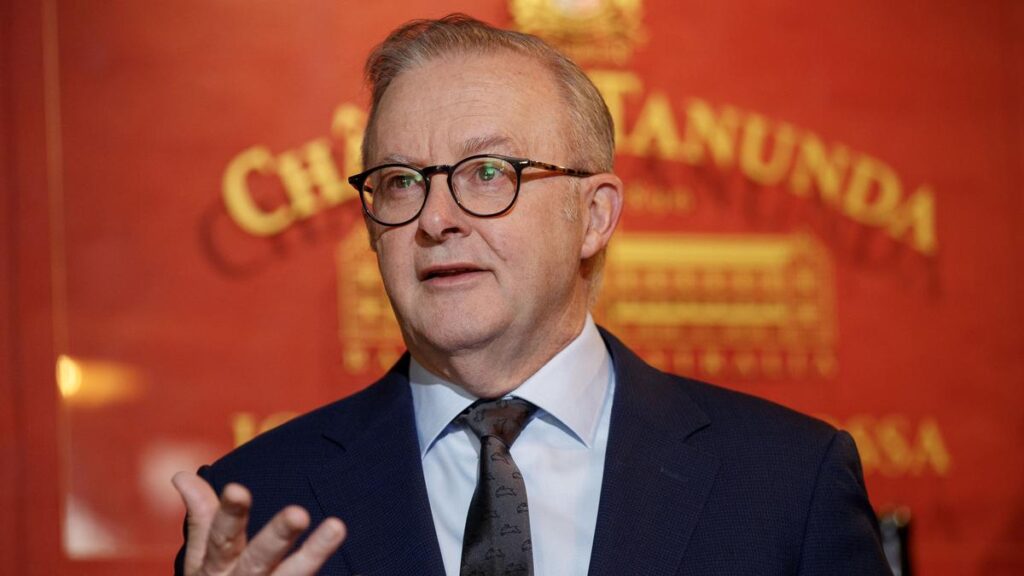
SYDNEY, AUSTRALIA - NewsWire Photos JULY 11, 2025: Prime Minister Anthony Albanese during a visit to Chateau Tanunda Sydney Cellar Door on Friday. Picture: NewsWire / Nikki Short
Prime Minister Anthony Albanese is spearheading a significant business initiative in China, focusing on enhancing commercial and economic relationships with Australia’s largest trading partner. On his second day in Shanghai, Albanese is joined by prominent leaders from major Australian mining companies, including Geraldine Slattery of BHP, Andrew Forrest from Fortescue, and Kellie Parker of Rio Tinto. Together, they will engage with key Chinese counterparts at a roundtable dedicated to steel decarbonisation.
The roundtable includes notable figures such as Xu Shishuai from the Ansteel Group and Wang Jiming, vice-president of the Baowu Group. This event marks the beginning of a business-centric day for Albanese, who has embarked on a six-day tour of China aimed at reinforcing trade ties, which were strained in recent years.
Albanese commenced the tour on October 29, 2023, advocating for stronger connections in sports and tourism. His agenda includes addressing a lunch gathering of approximately 200 senior business leaders from both Australia and China, representing various sectors, including manufacturing, energy, and hospitality. The Prime Minister intends to highlight Australia as a “dependable trade partner backed by a strong, reliable economy.” He will also underscore the remarkable growth in two-way business ties, which reached $312 billion in goods and services exchanged last year.
Strengthening Trade Relations
The focus of Albanese’s visit is to reinforce the ongoing reset of trade and political relations following a series of bans on Australian commodities after the previous government called for an inquiry into the origins of COVID-19. The menu for the lunch features Australian red meat, rock lobster, and red wine, all products that have recently seen sanctions lifted. This serves as a symbolic gesture towards improving relations and the removal of over $20 billion in trade barriers.
In his speech at the Fairmont Peace Hotel, Albanese will reflect on the historical significance of the Australia-China relationship, invoking the memory of former Prime Minister Gough Whitlam, who celebrated his 55th birthday at the same venue in 1971. Albanese is expected to say, “More than half a century on, it is a relationship that continues to evolve and grow, a relationship with a maturity that helps us overcome any challenges and seize the opportunities before us.”
The discussions will also address collaborative efforts in decarbonising both economies, aiming to propel Australia toward its ambition of becoming a “renewable energy superpower.” Steel production is a significant contributor to global emissions, and while China is the largest emitter, it is also investing heavily in clean technology and renewable energy initiatives.
Decarbonisation and Economic Collaboration
Albanese will emphasize Australia’s critical role in supplying 60 percent of China’s iron ore imports for steel production, while acknowledging that steelmaking processes contribute to approximately 7 to 9 percent of global emissions. He will state that “it is in both countries’ interests to ensure a sustainable and market-driven global steel sector” and advocate for collaborative efforts to address global excess steel capacity.
To tackle the challenges of steel decarbonisation, Albanese will stress the need for supportive policy frameworks, substantial investments in research to foster new technologies, and collaboration across academia, industry, and government.
Geraldine Slattery, President of BHP Australia, expressed that the high-level business delegation underscores the commitment of both nations to enhance their resources sectors, which are vital for ongoing prosperity. She stated, “BHP seeks to invest in and foster the technology and process breakthroughs that will drive down emissions in steelmaking facilities not only in China but around the world.”
This includes advancements in low carbon fuel usage, carbon capture and storage, and innovative trials such as the NeoSmelt electric smelting furnace pilot in Western Australia.
Albanese’s visit to China is not only a strategic economic mission but also a reaffirmation of the enduring ties between the two nations, setting the stage for a collaborative future in both trade and environmental sustainability.
